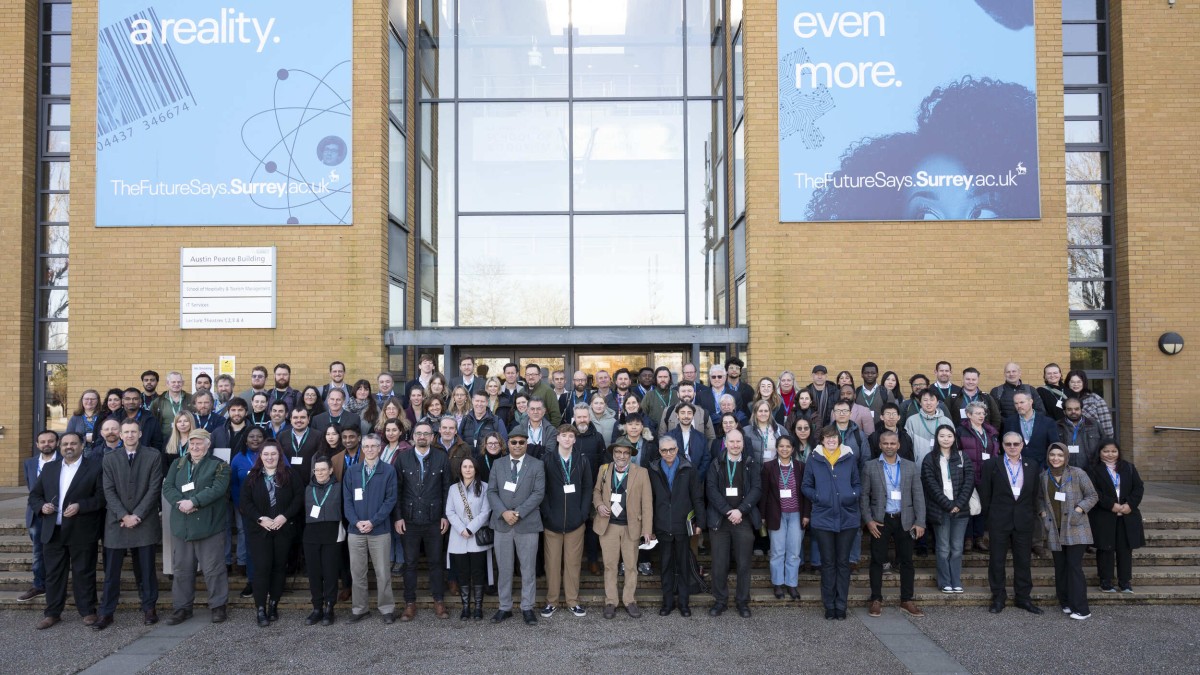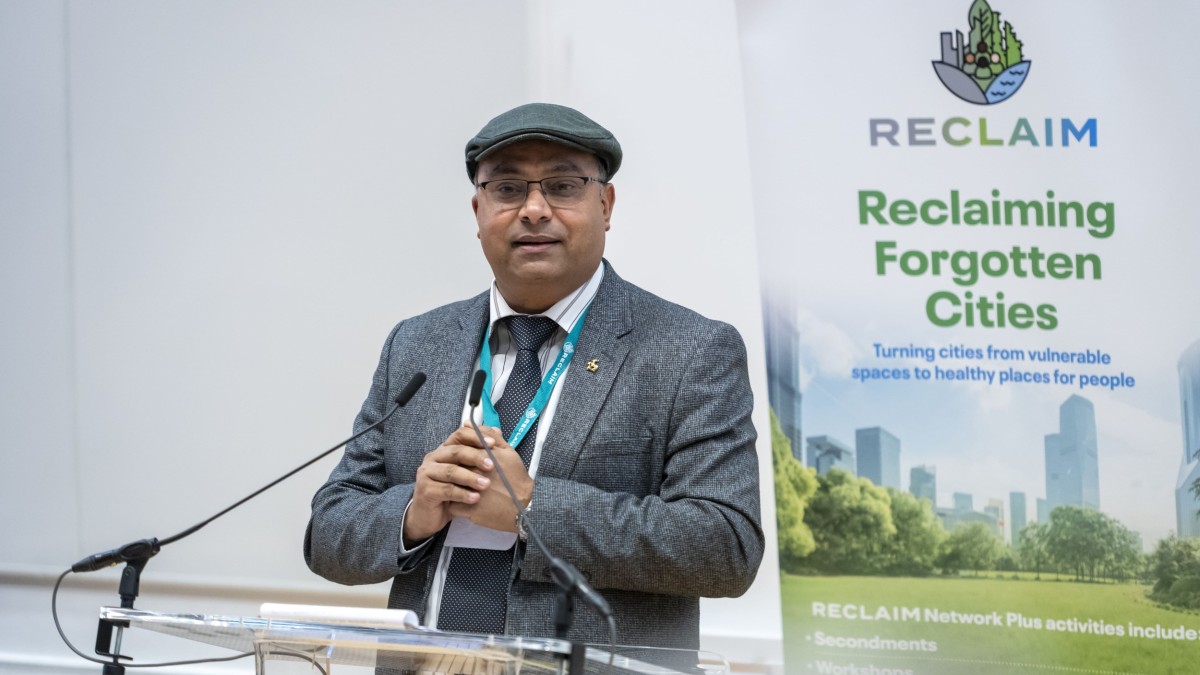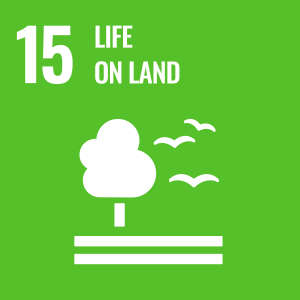International experts lead calls to embed nature in city infrastructure for better health and climate resilience
Trees, parks, wetlands and green roofs can no longer be seen as a ‘nice-to-have’ aesthetic enhancement but a vital component for creating climate-resilient, healthier and more equitable cities, according to an international paper led by the University of Surrey’s Global Centre for Clean Air Research (GCARE).

The research – which involved experts representing 11 countries as part of the UKRI-funded RECLAIM Network Plus – found that urban greening has a range of benefits, including cooler streets, cleaner air and water, improved mental health and greater biodiversity.
Global case studies highlighted in the paper demonstrate how different cities are making nature-based solutions work in practice. Singapore’s ‘City in Nature’ has seen major success with its green corridors and vertical gardens that help reduce heat and support biodiversity. In Cardiff, more than 80,000 trees have been planted as part of the city’s One Planet Strategy, while Copenhagen has integrated green roofs and climate-resilient neighbourhoods to manage flood risk and improve liveability.

The famous Supertree Grove in Singapore
The research, published in Frontiers’ Sustainable Cities, also stresses the importance of meaningful community involvement and equitable access to green spaces to avoid ‘green gentrification’ – where improvements risk pricing out the very communities they aim to support.

Professor Prashant Kumar at the third RECLAIM Network Plus Conference 2025
To help cities deliver urban greening at scale, experts are calling for integrated action that embeds nature into every stage of planning and policy. This includes incentivising developers to prioritise nature-based infrastructure and securing long-term funding.
With contributed insights across academia, government and industry, RECLAIM Network Plus sets in place new resources and guidance – from minimum green space targets to stronger funding and coordination across health, housing and climate policy.
Unfortunately, Surrey has the most polluted stretch of highway in the country, which is why we’ve included urban greening as a priority in our Local Nature Recovery Strategy. The RECLAIM Conference is always a fascinating look into how other areas are approaching green infrastructure, and highlights the many benefits it can bring to people and nature. It also shines a light on how far we need to go in order to match the efforts of other countries tackling climate change and nature loss.Ben McCallan, Greener Futures Engagement Lead at Surrey County Council and co-author of the study
Tools like AI, Geographic Information Systems (GIS) and remote sensing are increasingly enabling cities to map environmental risks, inform smarter design and monitor the long-term impact of green infrastructure. Combined with data-driven decision making, these technological advancements can help accelerate progress towards multiple Sustainable Development Goals and support the large-scale delivery of urban greening.
Considering the many benefits of greening, there is no acceptable justification to not incorporate it within city planning, designs and developments. With warming climates occurring around the world, urban greening is essential in providing relief from extreme heat by cooling the outdoor environment and reducing heat that enters buildings. At the same time, it is a solution that brings nature to cities, positively impacting health and wellbeing, and improving liveability.Professor Veronica Soebarto, Lead Initiative in Green Urban Futures at the University of Adelaide’s Environment Institute and co-author of the paper
The paper was developed through the RECLAIM Network Plus (Reclaiming Forgotten Cities – Turning Cities from Vulnerable Spaces to Healthy Places for People), funded by UK Research and Innovation (UKRI). It is led by the University of Surrey’s GCARE in collaboration with the UK Centre for Ecology & Hydrology (UKCEH) and the Universities of Bath, Bangor and Warwick.
Reference
Kumar P, Sahani J, Corada Perez K, Ahlawat A, Andrade M,F, Athanassiadou M, Cao S-J, Collins L, Dey S, Di Sabatino S, Halios CH, Harris F, Horton C, Inostroza L, Jones L, Rodding Kjeldsen T, McCallan B, McNabola A, Kumar Mishra R, Kumar Mishra S, Sperandio Nascimento EG, Owen G, Ravindra K, Reis NC, Soebarto V, Wenk J, Sloan Wood H and Yao R (2025) Urban greening for climate resilient and sustainable cities: grand challenges and opportunities. Frontiers in Sustainable Cities 7,1595280. doi: 10.3389/frsc.2025.1595280
###
Notes to editors
- Professor Prashant Kumar is available for interview; please contact mediarelations@surrey.ac.uk
- The full paper is available at https://www.frontiersin.org/journals/sustainable-cities/articles/10.3389/frsc.2025.1595280/full
Related sustainable development goals



Media Contacts
External Communications and PR team
Phone: +44 (0)1483 684380 / 688914 / 684378
Email: mediarelations@surrey.ac.uk
Out of hours: +44 (0)7773 479911
